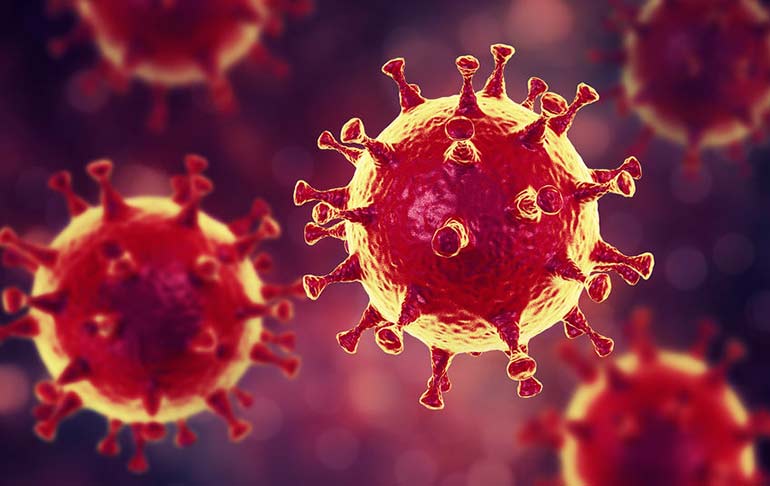Ventilation is key to reducing Covid-19 spread
15th April 2020
USA: Research by teams at the Universities of Oregon and California suggest that enhanced HVAC operational practices could reduce the potential spread of SARS-CoV-2, the virus that causes Covid-19.
The paper, 2019 Novel Coronavirus (COVID-19) Pandemic: Built Environment Considerations To Reduce Transmission, has been published in mSystems, the journal of the American Society for Microbiology. It is aimed at informing corporate and public administrators and individuals responsible for building design and operation about the degree and duration of social-distancing measures during viral epidemics and pandemics.
The researchers say that recent research into the transmission of microorganisms in the built environment could lend insights into potential methods to mediate the spread of SARS-CoV-2 (the virus that causes Covid-19) in buildings.
The viral particles are said to be too small to be contained by even the best HEPA and MERV filters, but the report says that proper filter installation and maintenance can help reduce the risk of airborne transmission.
Higher outside air fractions and higher air exchange rates in buildings may help to dilute the indoor contaminants, including viral particles, from air that is breathed within buildings, but the report warns that increasing airflow rates that simply increase the delivery of recirculated indoor air, without increased outside air fraction, could potentially increase the transmission potential.
Its also warns that higher airflow rates could also increase resuspension from surfaces and increase the potential for contamination throughout the building. It could also increase the human exposure to viable airborne viral particles shed from other building occupants.
It suggests that building administrators and building operators should collaborate to determine whether increased outside air fractions are possible, what limitations or secondary implications must be considered, and determine a plan around managing the outside air fraction and air change rates.
Humidity
Increasing evidence is said to indicate that humidity can play a role in the survival of membrane-bound viruses, such as SARS-CoV-2. At typical indoor temperatures, relative humidity above 40% is thought to be detrimental to the survival of many viruses, including CoVs in general and higher indoor RH has been shown to reduce infectious influenza virus in simulated coughs.
In studies, higher RH also decreases airborne dispersal by maintaining larger droplets that contain viral particles, thus causing them to deposit onto room surfaces more quickly. Furthermore, decreased humidity can increase an individual’s susceptibility to infection.
The report suggests that maintaining a RH between 40% and 60% indoors may help to limit the spread and survival of SARS-CoV-2 within buildings, while minimising the risk of mould growth and maintaining hydrated and intact mucosal barriers of human occupants.
Lighting
While daylight in both the UV and visible spectral is known to reduce the viability of bacteria, in buildings much of the sunlight spectrum is filtered through window glass, and the resulting transmitted UV is largely absorbed by finishes and not reflected deeper into the space.
The report suggests that further research is needed to understand the impact of natural light on SARS-CoV-2 indoors, but recommends the opening of blinds and shades to admit abundant daylight and sunlight.
UV light in the region of shorter wavelengths (254-nm UV C) is known to be particularly germicidal, and can reduce the ability of some viruses to survive. It is important to note, the report says, that most UVC light is eliminated in the atmosphere, while much of the UVA and UVB spectrum is eliminated through building glass layers.
UV germicidal irradiation (UVGI) has potential safety concerns if the room occupants are exposed to high-energy light, but is safely installed in mechanical ventilation paths or in upper-room applications.
If implemented safely, the report suggests that UVC and UVGI light offers a range of potential disinfectant strategies for buildings.
The report can be found here.
Related stories:
Eurovent releases Covid-19 ventilation guidance – 10 April 2020
BELGIUM: Eurovent, the European HVAC, process cooling, and cold chain technologies association, has produced its own guidance on the operation of ventilation systems during the coronavirus pandemic. Read more…
AC and duct cleaning has no effect on Covid-19 spread – 21 March 2020
BELGIUM: REHVA, the European Federation of HVAC associations, has advised that humidification, air conditioning and duct cleaning has no practical effect on the transmission of the coronavirus. Read more…







